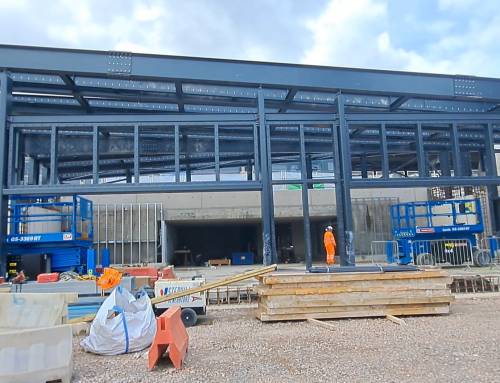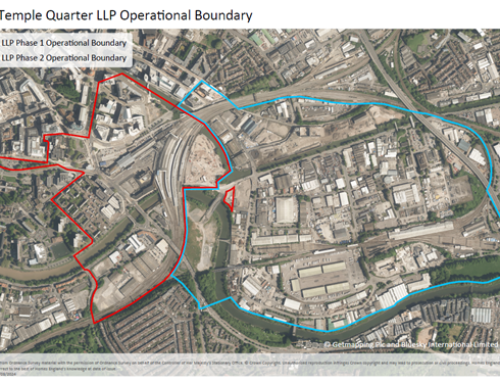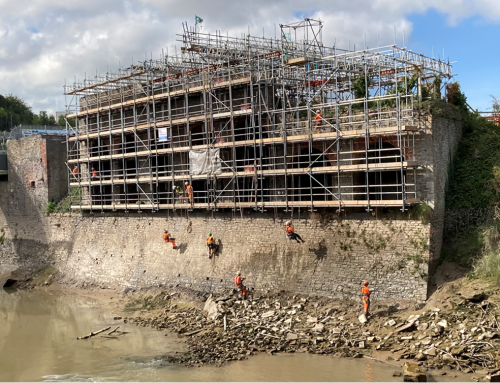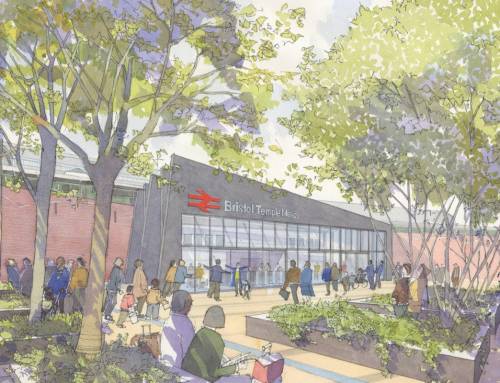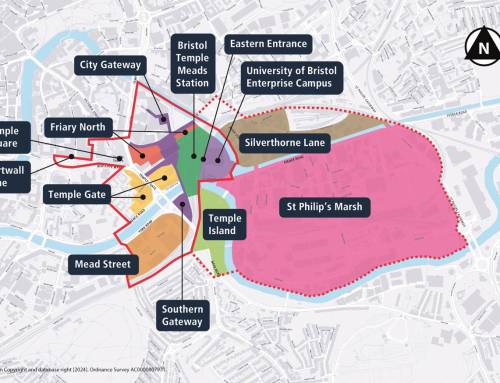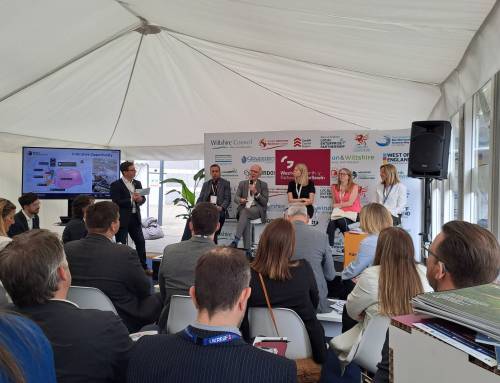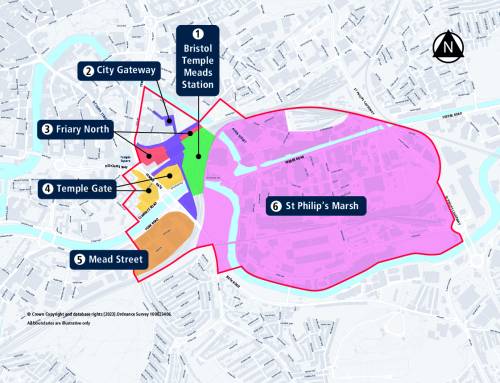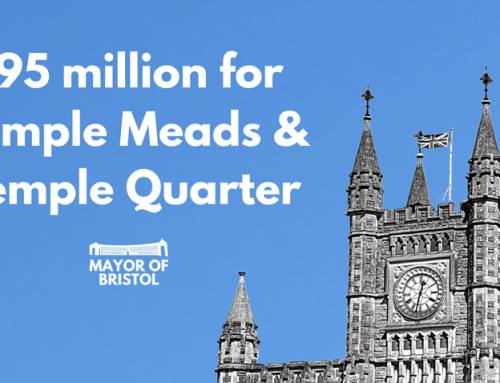An intriguing experimental sculpture of a young girl standing alone and gazing at her mobile phone will be installed on Platform 3 at Temple Meads Station on Thursday 25th July.
‘Maya’ is a unique three-dimensional pixelated portrait created by Bristol-based internationally renowned artist, Luke Jerram. From a distance, the sculpture is clear to see but as you move closer, it disconcertingly appears to fragment into cubes.
Bristol-based artist Luke Jerram explains: “Every occasion of our lives now seems to be documented with the plethora of cameras we carry around. Billions of images are uploaded onto the internet every year. This sculpture is made of over 5000 photographic sections – pixels from photos of my daughter. From a distance, people coming through the station may be almost concerned to see what looks like a young girl stood by herself, but as they move closer, she will pixelate just like a computer image does.
He continues: There’s a certain distance when standing in front of the sculpture that the pixels disappear and the image of the girl comes together. The sculpture goes ping! It’s really fun. I’m really interested to see whether the public enjoy this optical experience. The idea has been in my sketchbook waiting to be realised for over 10 years. So it’s quite wonderful to finally be able to make this sculpture a reality thanks to Bristol Temple Quarter Commissions!”
To create the artwork, Luke scanned his young daughter using an Xbox Kinect. Her head was scanned at the Machine Vision Laboratory at the University of the West of England. Both scans were combined and pixelated into cubes, known as voxels. The model was then made from precision cut sheets of aluminum. Over 5000 coloured stickers were printed and painstakingly fixed onto the aluminum. Printing was completed at the Centre for Fine Print Research, where Luke is a Senior Research Fellow.
First Great Western’s Retail Manager for the Central Region Mike Holmes says: “At First Great Western we are committed to supporting the communities we serve and are delighted to be able to offer a home to this installation.
“Over 27,000 passengers a day pass through the station, supported by our helpful and friendly staff. It is wonderful to be able to provide a safe and stimulating space for them, as we keep people moving in these increasingly congested times. Luke’s piece adds to Inkie’s stunning piece of street art brightening the Passenger Tunnel.”
Perceptual Psychologist Dr Priscilla Heard from UWE says: “Optically this is interesting because the little squares or pixels have edges which may interfere with recognition mechanisms – especially when seen close up. Squint your eyes or move away and the edges become too small to interfere and Maya pops out. This pixilation was first studied by Harmon and Julesz in 1973 in a picture of Abraham Lincoln”.
Dick Penny, managing director of Watershed, who are coordinating the BTQ Commissions project, says: “Maya is a truly wonderful creation and we’re absolutely thrilled that Luke – a long-time Watershed collaborator – has created it for us. Since last November, we have seen 22 original art and cultural commissions taking place in the Enterprise Zone, involving 215 artists and reaching an audience of thousands. All of these commissions have helped visitors to the Zone look around and start thinking about their surroundings – turning it from a place to simply travel through to a destination in its own right.”
Maya is part of the series of Bristol Temple Quarter Commissions, designed to engage people with the new Temple Quarter Enterprise Zone through cultural experiences that aim to surprise, question and delight. The aim to encourage artists and audiences to explore the area, engage with its history and its future economic potential as a major location for creative digital industries.
Also present for the unveiling of the sculpture on July 25th will be Luke’s daughter, Maya, who will be seeing the sculpture for the first time.

